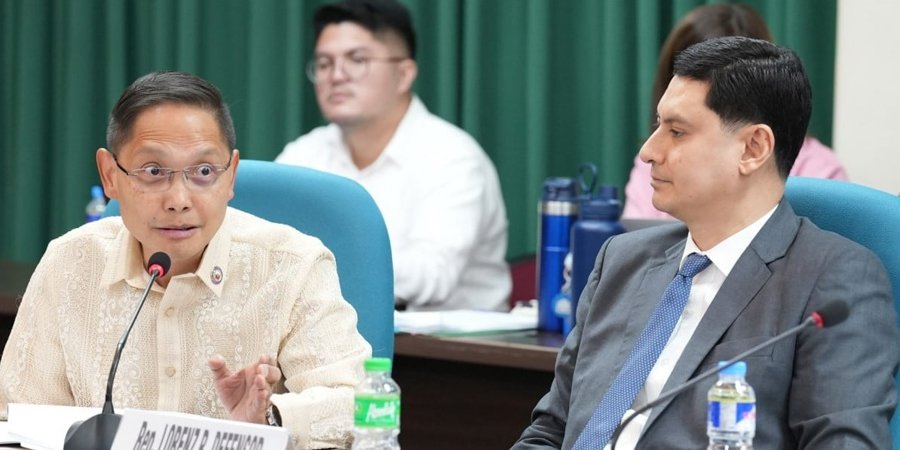• CHERYL G. CRUZ
The House Committee on Basic Education and Culture met May 7 to evaluate the phased implementation of the new Matatag curriculum of the Department of Education (DepEd).
Matatag stands for Make the curriculum relevant to produce competent, job-ready, active, and responsible citizens; Take steps to accelerate the delivery of basic education facilities and services; Take good care of learners by promoting learner well-being, inclusive education, and a positive learning environment; and Give support to teachers to teach better.
It features decongested curriculum and focuses on foundational skills, balanced cognitive demands, clearer articulation of 21st-century skills, reduced learning areas, intensified values education and peace education, and parity with international standards.

The Matatag curriculum is the DepEd’s new direction towards improving the quality of basic education in the country, and is part of the Basic Education Development Plan 2030 that the National Economic Development Authority Board, chaired by President Ferdinand Marcos Jr., approved in its meeting April 25.
Pasig City Lone District Rep. Roman Romulo, chairperson of the House Committee on Basic Education and Culture, expressed concern about the impact that the new curriculum will have on learning continuity, particularly on grades 1 to 3 students, given the directive of Marcos for schools to return to the old academic calendar year that begins in June.
He also pointed out the need to develop the reading comprehension of elementary students. “We have not fared well in international and local assessments.”
Negros Occidental 3rd District Rep. Jose Francisco Benitez also sought assurance that the DepEd will be able to provide textbooks of the new curriculum in time for the reverted school opening.
DepEd Undersecretary for Curriculum and Instruction, Dr. Gina Gonong, said during the panel discussion that the Matatag curriculum has already been pilot-tested in 35,000 out of the 47,000 elementary and high schools in the country.
The DepEd is set to provide the committee with an updated scenario on what will happen to the procurement and distribution of DepEd textbooks, given the President’s recent pronouncements.
The House already adopted Resolution 1650, which calls on the DepEd to return to the previous school calendar that begins in June and ends in March for basic education institutions.
Marcos wants the return of the old school calendar as early as next school year to avoid cancellation of classes due to the extreme heat brought about by the El Niño phenomenon.
The President said May 7 that he already asked Vice President and DepEd Secretary Sara Duterte to provide a concrete plan on the shift to the old school calendar.
“Especially with the El Niño being what it is. Every day you turn on the news, face to face (F2F) classes are cancelled, F2F classes have been postponed, etcetera. So, talagang kailangan na kailangan na. That’s part of the plan that we are trying to do to bring back already the old schedule,” he added in a Presidential Communications Office report.
Several schools in most parts of the country, including in Bacolod City and Negros Occidental, have been resorting to online classes to protect students and teachers from the extreme heat. | CGC



